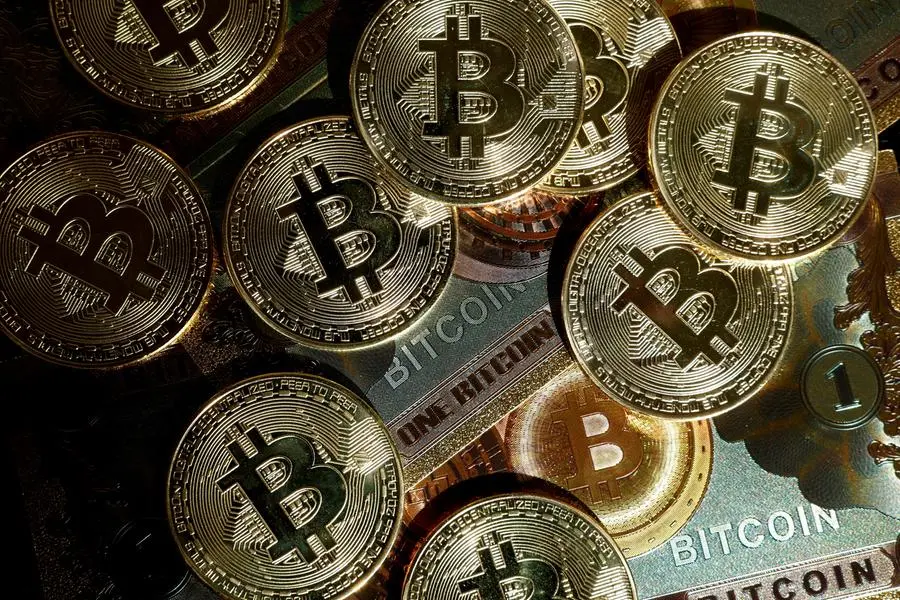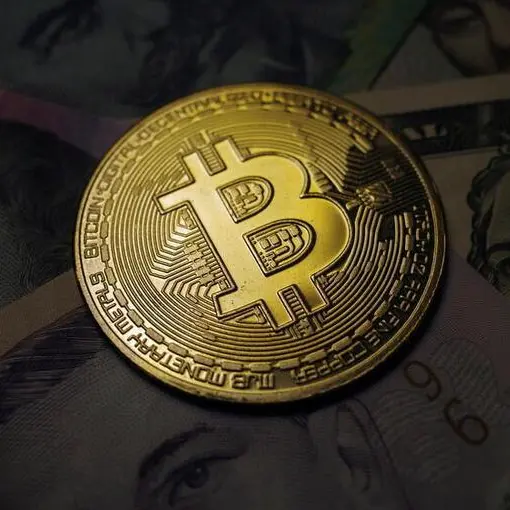PHOTO
A recent wave of blockchain legislation in Europe and Asia has rattled the markets, pushing coins with utility and compliance into the spotlight. While short-term volatility remains, long-term conviction is building around a new set of contenders. One of those names — Qubetics — is being whispered in the same circles that once buzzed about Ethereum in 2015. It’s not listed yet, but momentum is clearly forming.
Contents1. Qubetics ($TICS): Rebuilding Blockchain Around Utility, Not HypeApplication, Cross-Border Transactions, and Business Use in Central Asia2. Ethereum (ETH): Still the Smart Contract Standard3. Solana (SOL): Speed Is Its Secret Weapon4. Cardano (ADA): Long-Term Thinking, Real-Time ActionConclusionFor More Information:
When centralized platforms stumble under pressure or legal uncertainty, decentralized alternatives with real infrastructure use cases often take the lead. Ethereum is evolving again, Solana is correcting fast but promising faster finality, and Cardano’s research-driven model is finding new traction. However, one crypto quietly preparing for liftoff is doing more than innovating — it’s trying to rewrite the rules: Qubetics ($TICS).
What makes these projects stand out amid thousands? Real-world applications, developer traction, and forward-thinking mechanics. Let’s explore each in detail.
1. Qubetics ($TICS): Rebuilding Blockchain Around Utility, Not Hype
Qubetics has been gaining attention for solving interoperability issues across fragmented blockchain networks. With its native tools — QubeQode and Qubetics IDE — it empowers both enterprise and freelance developers to deploy dApps quickly across chains without mastering complex protocols. Its decentralized VPN stack, which supports remote operations, is also attracting attention in Central Asia’s logistics and fintech sectors.
In May 2025, Qubetics confirmed a partnership with a regional supply chain firm in Uzbekistan to enable trustless, cross-border tracking for food and textile exports. Meanwhile, the Qubetics IDE rolled out new smart contract templates tailored for B2B settlements. These updates come as the $TICS crypto presale advances through its 36th stage.
Application, Cross-Border Transactions, and Business Use in Central Asia
Qubetics isn’t just for coders — it’s becoming essential for businesses managing sensitive data across regions with unstable network infrastructures. The decentralized VPN and interoperable smart contract tools enable:
Cross-border invoice verification for logistics firms in KazakhstanSecure communication for remote legal teams operating between Kyrgyzstan and UkraineReal-time inventory ledgers for wholesalers across Uzbekistan and Belarus
These use cases highlight how Qubetics stands apart from meme coins and one-use-chain tokens.
Presale Status & Analyst Projections
Stage: 36Tokens Sold: 514M+Holders: 27,200+Raised: $17.5M+Token Price: $0.3064
Analyst Price Targets:
$1 after crypto presale – 226% ROI$5 after crypto presale – 1531% ROI$15 post-mainnet – 4794% ROI
Why did this coin make it to this list: Qubetics isn’t waiting for others to fail — it’s actively closing the gap between isolated blockchain protocols and real-world adoption. That rare combination of tools, regional focus, and enterprise traction signals strong upside potential.
2. Ethereum (ETH): Still the Smart Contract Standard
Ethereum continues to dominate the smart contract ecosystem, and its move toward sharding under Ethereum 2.0 is central to its 2025 revival. The Dencun upgrade successfully implemented Proto-Danksharding, reducing rollup costs and easing congestion across Layer-2s like Arbitrum and Optimism.
Ethereum remains the primary chain for DeFi, NFTs, and DAO infrastructure, but 2025 has seen increased competition from Solana and modular blockchains. In response, Ethereum’s developer ecosystem is now focused on Layer-2 consolidation, aiming for seamless onboarding of new users through embedded wallet solutions.
Vitalik Buterin recently stated that scalability upgrades will double throughput within months — a bold claim supported by recent testnet results showing 20k TPS benchmarks.
3. Solana (SOL): Speed Is Its Secret Weapon
Solana has surged back in relevance after last year’s network instability concerns were addressed through validator upgrades and runtime enhancements. In Q2 2025, the Firedancer validator client — built independently by Jump Crypto — entered public beta, promising sub-second finality and unrivaled efficiency.
With NFT marketplaces like Magic Eden expanding to multiple chains but maintaining Solana as their fastest backend, confidence is returning. Solana Pay is now being trialed in Eastern Europe for high-frequency retail payments, offering
Copyright © 2022 Nigerian Tribune Provided by SyndiGate Media Inc. (Syndigate.info).




















